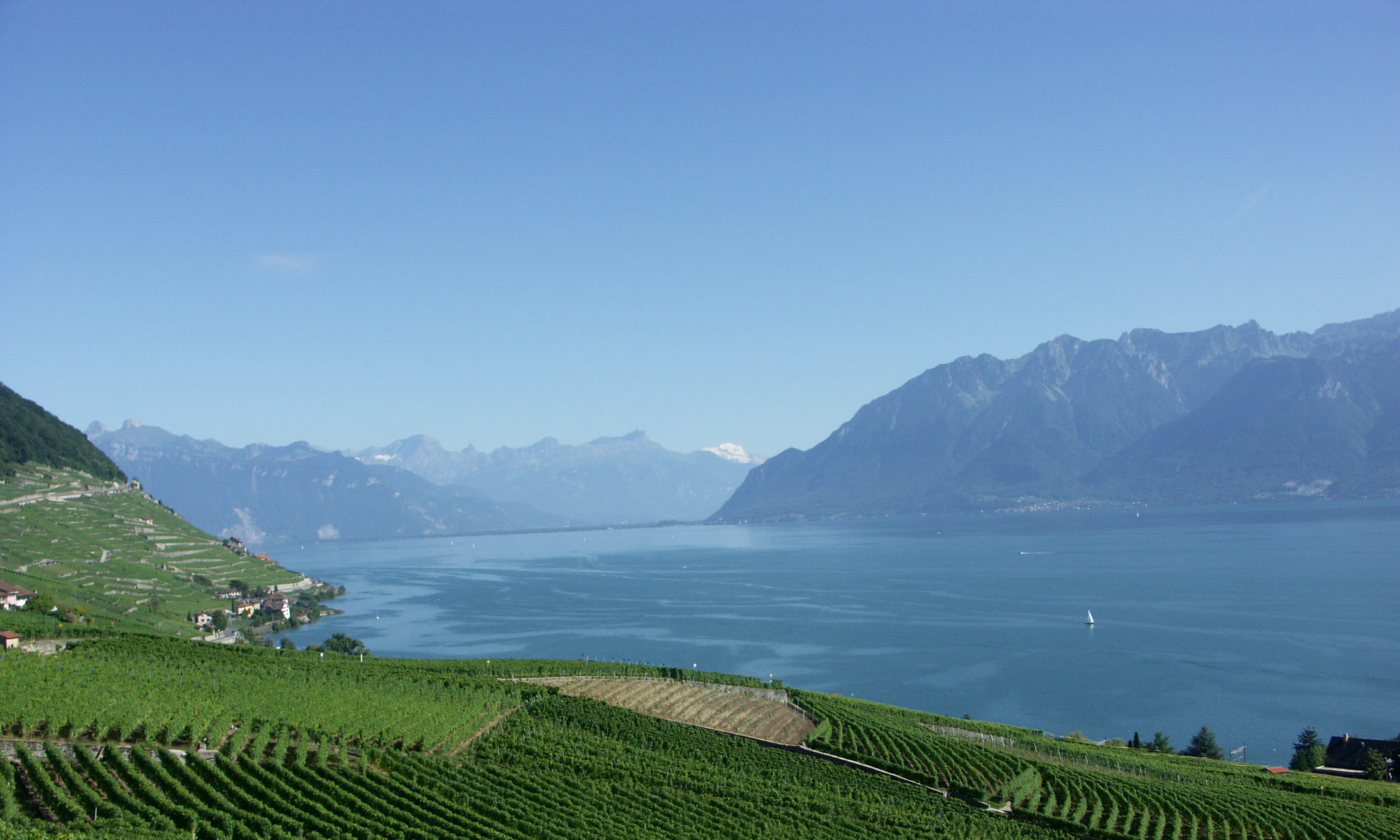To reply to this question use the “Leave a reply” box/field at the bottom of this page.
25 Replies to “Question 7: Meteorology and hydrology in many countries are dealt with by different government organizations. What is your suggestion to make the WMO structure better adapted to the reality of such management of different sectors, to promote more effectively coordination of meteorology and hydrology in Member countries?”
Comments are closed.


Au Cameroun, le SHN est une Structure Opérationnelle du Ministère de la Recherche Scientifique et de l’Innovation (MINRESI/IRGM) alors que la Direction de la Météorologie se trouve au Ministère du Transport (MINT), et son Directeur est le PR du Cameroun auprès de l’OMM. Le fait que ces deux structures ne soient pas dans un même ministère est à l’origine d’une absence de synergie et de complémentarité entre les activités météorologiques et les activités hydrologiques. Leur mise ensemble au sein d’une même institution gouvernementale contribuerait à davantage d’efficacité dans l’intervention dans les phénomènes hdyrométéorologiques.
Et comme dit plus haut, il y a également un avantage non négligeable d’avoir une proximité et une synergie entre le Représentant Permanent (PR) du Cameroun auprès de l’OMM et son Conseiller en Hydrologie.
I see an improved engagement of hydrological services across activities necessary. These are not necessarily represented by National Meteorological Services but rather National Hydrological Services, which are often separated from each other at national level. Therefore the coordination between meteorological and hydrological services has to be strengthened on national, regional and global levels.
The provision of an internationally agreed operational freshwater status and outlook system for national welfare, disaster, water and landscape management is essential and one of WMO´s central goals. Hydrology as the main science for freshwater water services has a key role in close interaction with meteorology. The WMO is most suitable and the key partner for all water-related UN Organisation for this challenge, including water quality and with a special focus on the Water-Energy-Food-Nexus and impact based seamless services.
WMO’s contribution to the national hydrological services, in support of the National Hydrological Services and related partners that ultimately respond to societal and environmental needs on national, regional and global scales need to be clearly defined.
It is important to clearly point out the relevance and provision of future hydrological services by WMO with regard to solve future global challenges (like climate change, migration, renewable energy and hunger) together and in synergy with other UN Organizations, member states and stakeholders striving for the UN SDGs.
The integration of hydrological and meteorological information is important to understand the impacts of emerging water-related problems. Globally, climate change is having significant impacts, including more frequent extreme weather events, which impact the frequency and severity of flooding and drought events and wildfires. As a result of the need to better understand the interactions between weather, water and climate, hydrological and meteorological services while distinct, can no longer operate within a siloed structure. Prevailing and emerging issues caused by climate change necessitate integration in support of identifying and understanding environmental and human risks. Equally important, however, is understanding the limitations of integration, and that this can only happen where appropriate.
In order to ensure hydrologists are supported and recognized within the proposed two-commission structure in the WMO, it is important to highlight the following considerations:
• There is a clear need to clearly define the role of hydrology within the structure, recognizing its distinct mandate within the proposed WMO structure and strategic plan
• The WMO should ensure that hydrological expertise plays an important role in the WMO activities where hydro-meteorological data and information are integrated
From an operational perspective, convergence of these disciplines will become more common as Earth systems observation continues to be more commonly applied to understanding water related issues and water management.
Hydrological Advisors in member countries will continue need a forum to interact and share best practices in hydrometry, hydraulics, water and reservoir management, prediction and forecasting. Where there is overlap between disciplines, the WMO should nurture those partnerships through special programs like CHAMP.
Our hope is that the WMO continue to support the distinct nature of the hydrological community.
We suggest that WMO bring Member States to:
– raise the level of priority given to hydro-weather activities,
– strengthen the collaboration between their members by setting up a framework
of consultation including the SHNs, SMNs, the Universities and the weather issues
research institutions
Compared to meteorology, hydrology is a regional study and has a different scale of time and space. Hydrology requires observation and prediction techniques that correspond to more regional characteristics. Analyzing the impacts of hydrological cycle on society and economy needs to consider regional characteristics as well. Therefore, I think that hydrology should be operated as an independent sector in WMO.